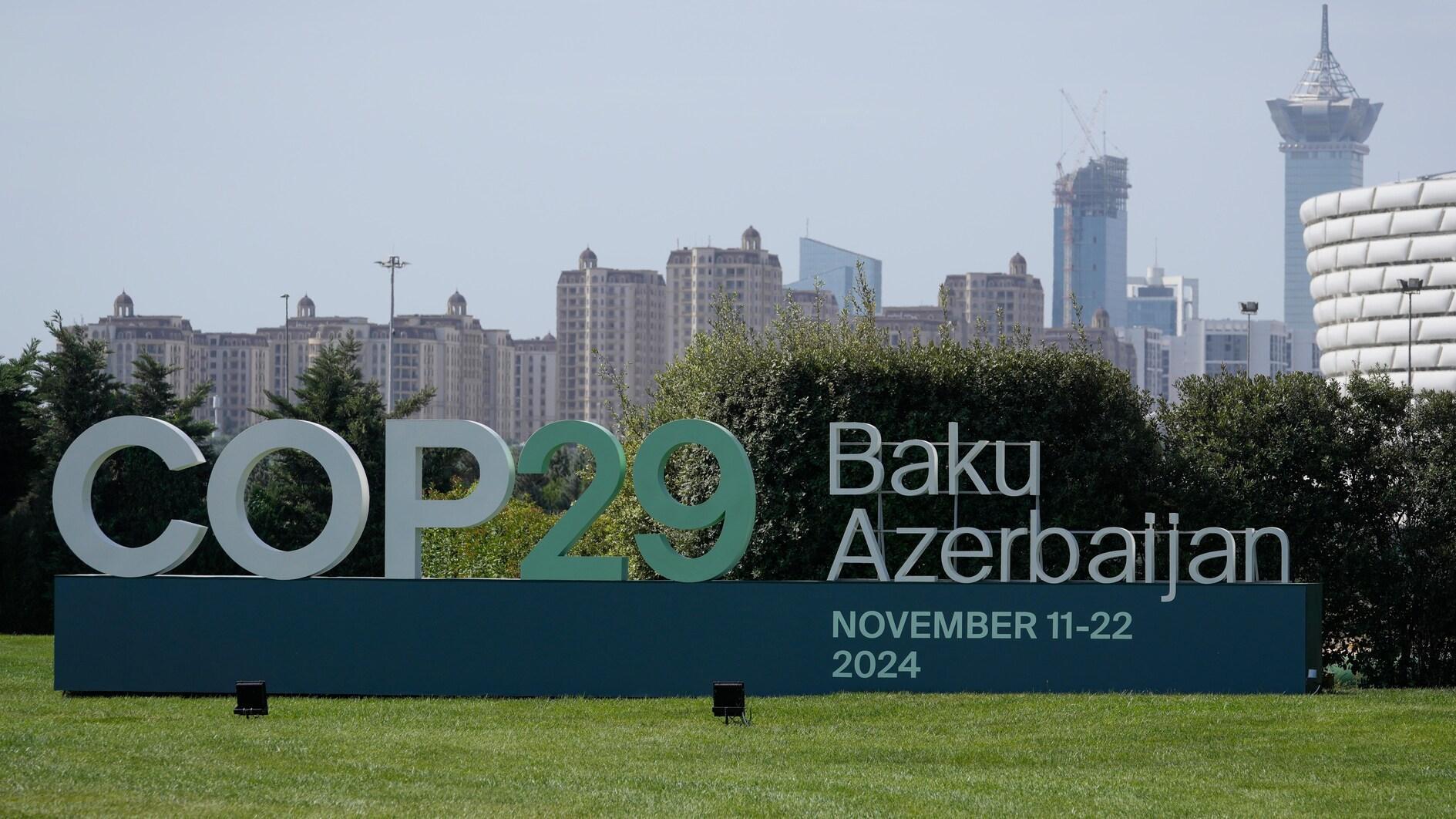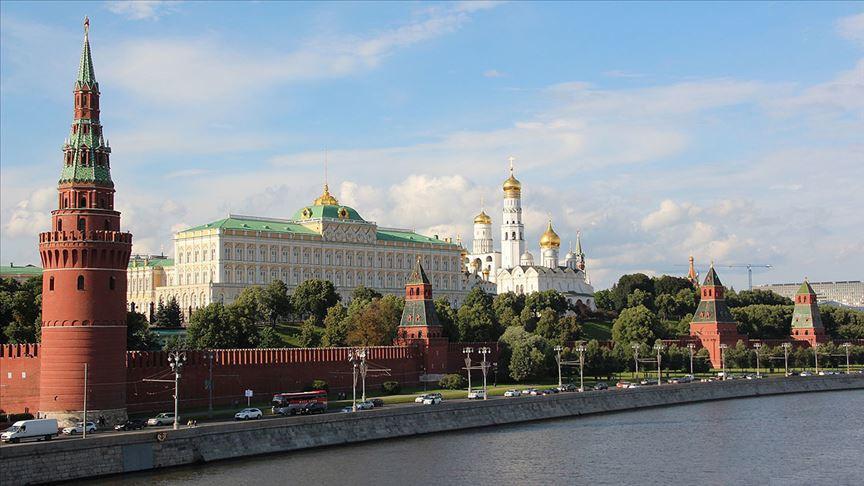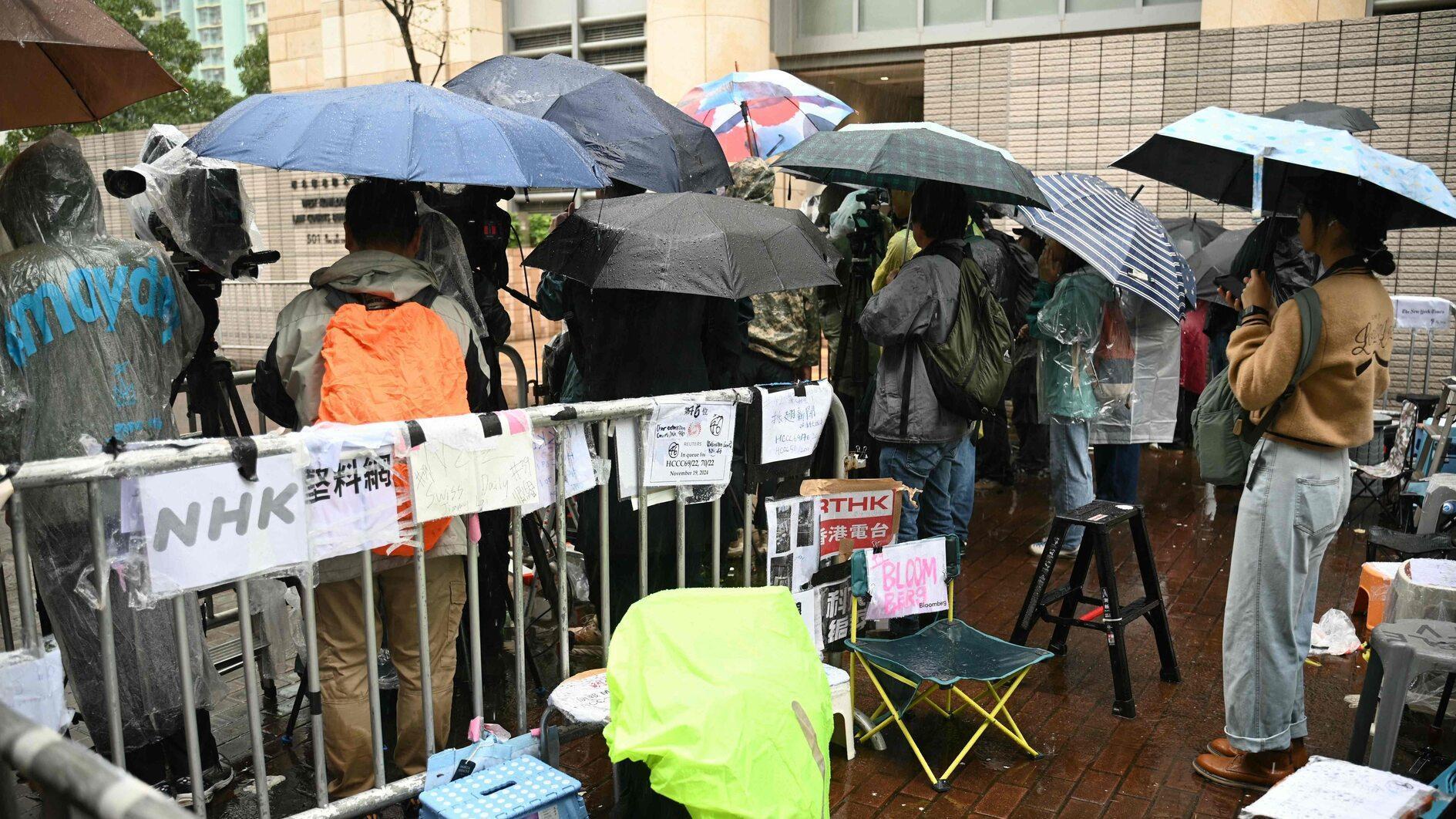Turkey’s struggle with ‘a hundred problems’
First of all, let’s see what the “zero problems” policy means. “Zero problems” is a metaphor. For years, there was a Turkey that had problems with all the countries surrounding it and a Turkey that believed all these problems were caused by others. We were always right. Others were always wrong. If there was a solution sought, then that country should first “apologize and take the first step.” Never us, others should be held accountable.
The “zero problems” policy was created to undo this mentality.
It was directed toward explaining that we also might be wrong, that we could also apologize, that issues need to be solved by taking mutual steps. It was a message that we are not always right, that we should also acknowledge that the other side might also be right.
The essential aim was to create a friendly environment and regions where investments would be welcome by creating a wide trade zone. To this end, visas were lifted, mutual visits increased, and important steps were taken.
Unfortunately, this process did not last long. Could it be that we took the wrong steps? Were we naïve? Or was it incompetence?
Everybody have responses to these questions, but the result is what we see these days. We set out with “zero problems,” but today we are faced with “a hundred problems.”
Let’s stop crying and review the situation.
Syria cannot use chemical weapons
There is no way that Bashar al-Assad’s chemical weapons threat is to be taken seriously. It is nothing more than a huge bluff. In such an eventuality, he should know very well that he would immediately lose his power.
Syria is the country in the Middle East that is most closely monitored today. Tomorrow, the next day, or next year the equilibrium will change in this country. The fall of the al-Assad regime - or the current situation transforming into a bloody civil war - will expand the dimensions of the Kurdish issue, will change Iran’s position in the region, and will affect the future of the al-Maliki regime in Iraq, the Hezbollah movement in Lebanon and the Palestine issue.
Most importantly, this transformation will be felt in Syria. How the new government replacing al-Assad in Syria views Turkey may make Ankara’s job more difficult, it may also cause the creation of an enemy Syria again.
Those viewing Ankara from outside assume that the Syrian opposition is entirely guided by us. As a matter of fact, there are voices coming from among the opposition forces that are so much against us it is scary.
The darkest cloud on top of Ankara is Damascus.
Fear of Iraq splintering
Another concern of Turkey is Iraq’s possible splintering.
The policies led by Iraqi Prime Minister Maliki carry all the signals of the country’s division under three separate rules of Sunni, Shiite and Kurd. Despite all of Ankara’s warnings, al-Maliki is gathering all the power and the money in the hands of the Shiites. He does not share it with the Kurds or the Sunnis. As long as this sharing does not exist, cracks in the integrity of the country will increase.
Especially after the U.S. troops withdraw completely, it is expected that al-Maliki will further increase his authority and, as a result, Iraq will be stirred up.
Ankara’s second biggest problem in the region is Iraq.










